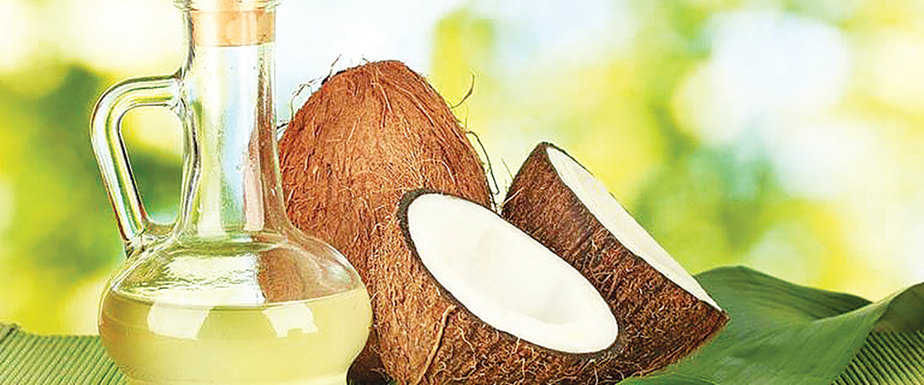Whether you drink the refreshing water, cook in coconut oil or take two spoonfuls early in the morning, you can be sure you are on the way to better health
Many people are waking up to the charms and value of coconut water, which is why more and more truckloads of coconut come to Delhi from Karnataka and Gujarat — not Kerala, as you might have thought. Like so many natural products we forgot about as we guzzled harmful soft drinks, it has made a comeback in health-conscious homes. Coconut has also gained a certain respectability as it is prescribed in hospitals by nutritionists to patients recovering from surgery or a prolonged illness.
Amazing uses
As we all become eager to adopt eco-friendly lifestyles, do appreciate the fact that Nature has packaged it ‘ready to serve’ in a biodegradable shell. Of course, desist from using disposable straws, as social media campaigns have told us they are second only to plastic bags in polluting the planet. Buy re-usable steel or plastic ones that you wash and keep for the next drink. You can also carry a flask and ask the vendor to fill it with the precious water.
India is the largest coconut grower in the world, and consumes 95 per cent of its production. Next come Indonesia, the Philippines and Brazil, but they export most of it, according to the Asian and Pacific Coconut Community’s (APCC) Statistical Year Book – 2014.
First, let us be clear about its various parts. If you are buying it from the pavement, the shell would be green, which means it has been stripped of its outer fibre, which is used to make coir, a product with many commercial uses. When buying coconut oil, look for the following on the label: Certified Organic, Non-GMO and Cold Pressed.
There are two options when buying coconut from a street vendor. You can ask the vendor for ‘paani walla’ which means it has more water than malai (cream). The one with more cream has less water and is more fleshy. After you drink the water, you can break the shell to scrape up the cream, which is delicious. This cream, once dried, is called copra and can be dessicated for use in various dishes. Or it can be cold-pressed to extract oil. I have been taking two tablespoons of cold pressed virgin coconut oil for the last 10 years, as it is extremely beneficial for health.
When travelling in any tropical country, make sure to drink coconut water, but not from a plastic bottle, as chemicals leach into the liquid.
In India, the hard shell, when dried, was traditionally used as fuel. And the dried coconut with a brown shell — how can we forget —is broken during inaugurations such as ground-breaking ceremonies, house-warming pujas and film muhurats.
Cosmetic uses
A word about its cosmetic uses. Many of us believe in massaging coconut oil into our hair, leaving it overnight, and shampooing it off the next day. A body massage with this oil reduces stretch marks. Additionally, instead of buying moisturiser, you can use a blend of coconut oil with rose water, aloe vera or lemon. It also works wonders as a makeup remover, even for the waterproof kind. Very gentle on the skin!
Healthy and cooling
Now for the health benefits. I recommend two spoonfuls of unrefined coconut oil every morning, especially to those with auto immune conditions. Take it at the same time as Omega-3 fatty acids, as it makes these acids twice as effective. It is chockful of healthy fats called MCTs (medium-chain fatty acids). These fats help the body absorb fat-soluble vitamins, calcium and magnesium and improve digestion. This gives a helping hand to your immune system. A study in the International Journal of Obesity found that MCTs burn up excess calories. It reduces cholesterol, triglycerides, phospholipids and LDL cholesterol levels.
Since I am mostly vegan, I use fresh coconut milk for cooking vegetables and making curries — one of the most stable of all natural oils. It has a longer shelf life and can be utilised at higher temperature as it doesn’t oxidise. Coconut oil flavoured with mint is used for oil pulling, an Ayurvedic curative technique. It helps in maintaing oral health.
For athletes and gym regulars, drinking coconut water is good for hydration, builds muscle and enhances performance. Interestingly, it contains five electrolytes in the same proportions as blood: sodium, phosphorus, calcium, magnesium and potassium.
In Delhi, coconuts are sold by the side of every major road and from carts near parks frequented by morning walkers. But how many of us realise that we are ignoring a health superfood that costs barely Rs 40 a piece?





